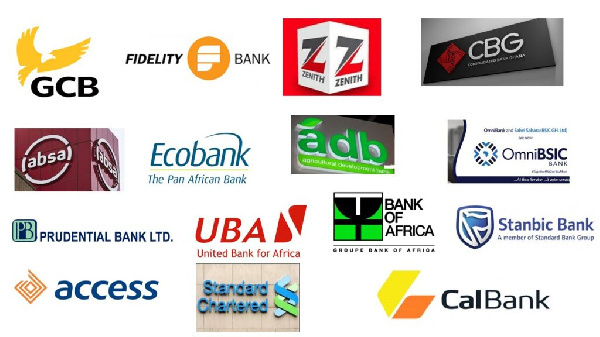My stance on the condemnation of, or reproof for, indulgence in criminal activities, by officials or powerful personalities in Ghana and their blind supporters, is always grounded in natural principles of justice.
I detest the attitude of anyone who defames a fellow human being, let alone, a fellow Ghanaian, out of spite. You have no right to tarnish the reputation of your friend or a fellow Ghanaian for its own sake. What do you gain lying about another person, if not courting problems for yourself?
However, we should not allow the threats of lawsuits, insults and threats of death to our lives to cow us from telling the truth by way of exposing and shaming the crafty criminals among us. Until we muster courage to expose the ardent criminals in the country, Ghana will never progress as wished but to continually stagnate or wobble in its abundance of shitty poverty and crimes.
If some of the laws are found not to be working satisfactorily as intended, because of the loopholes in them that facilitate the chances of certain crafty persons availing themselves of the laws to render them ineffective, we had better amend such laws and policies to reflect their purposeful intents and objectives.
When in Paris (France) in the early eighties (1980s), I found all the public telephone booths coin-operated. They were in this quoted description, “Callers put their coins into the coin slot, dialled the number they wanted and pressed Button A to be heard or Button B to get their money back if no-one answered. In each booth, there was a coin box with an additional clip-on ‘lid’ assembly incorporating a security seal and theft-proofing mechanism to latch and lock the box fully closed upon its actual removal from the phone”. It was made such that the coin collector couldn’t pilfer anything.
However, from the coin-slot leading downward into the coin box was clearly a transparent passageway. When the box got full, the money would be piling up visibly in the passageway. Some people used to bang on the phone when they saw the coins piled up in the passageway. Most often, the coins would drop into a return tray below to be collected by he who was banging on it.
The French Telegraph and Telecommunications discovered that they were losing money to pilferers by the visibility of money piled up in the passageway. They then introduced new coin-operated telephone booths without the visibly transparent passageways. They were metal-built throughout and this deterred pilfering. Years later, they replaced them with telephone card, calling card or phone card-only booths.
“A telephone card, calling card or phone card for short, is a credit-card-size plastic or paper card, used to pay for telephone services (often international or long-distance calling)”. Prepaid calling cards also facilitate establishing a call by first calling the provided toll-free telephone number, entering the card account number and PIN, then the desired telephone number”.
In the United Kingdom, laws have been introduced to make utilising tax havens or offshore accounts for the avoidance of tax purposes or evasion of paying correct taxes illegal. He who is investigated, be he a person or a company, and found to be illegally availing themselves of tax havens to avoid paying their rightful taxes in the countries where they live or are located, will be punished by the HMRC. Having an offshore account is legal but to use it for tax evasion or money laundering is illegal.
In Ghana, like any other country, availing yourself of the opportunities inherent in the creation or operation of a Limited Liability Partnership (LLP) Company is perfectly legal. However, if an individual or a group of individuals is using the advantages fraudulently, why can’t we introduce new laws or policies to stop such abuses as are done to certain situations abroad as explained above?
If one makes it his or her habit to borrow huge sums of money from banks without presenting collateral (property or other assets pledged by a borrower as security for the repayment of a loan) and continually refuses to pay back the loans but always let off the hook, should laws not be introduced to make such behaviour a prosecutable criminal offence?
When the person knows that the company in whose name the loan was taken goes bankrupt, he or she stands to lose only their shares and money so invested in the company but not their other personal properties or wealth, he will always refuse to pay back the loans. The same person may have many other such LLP Companies.
Could it not happen that he may take loans in one company’s name but invest part of the money in his other companies and let go insolvent the one in whose name he borrowed the money? Is such a person not cleverly duping the banks, the nation and the taxpayers?
If you do that, you can be taken on and accused of theft without you having the moral right to sue for defamation of character.
To conclude, the banks must ask for collaterals when lending money to business tycoons same as they do to petty traders. Anyone duping the banks in the name of LLP Companies must be ashamed of him or herself.





